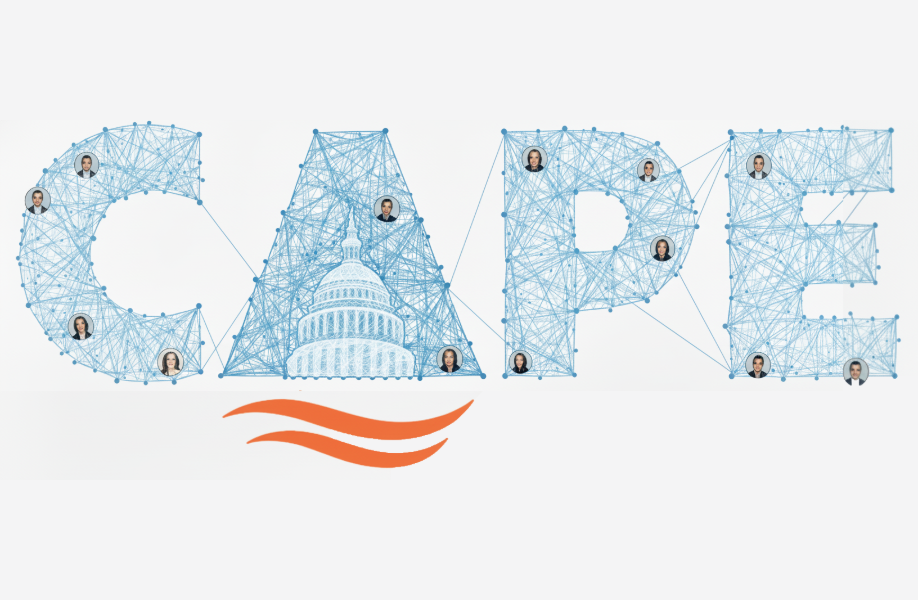Affluent Americans used to vote for Republican politicians. Now they vote for Democrats. This may have important consequences for the politics of redistribution—particularly within the Democratic Party.
In his dissertation, CAPE graduate researcher and PhD candidate Sam Zacher studies the changing economic interests of U.S. political parties' voting bases. In this paper, he shows detailed evidence for the decades-in-the-making shift of affluent voters from Republicans to Democrats and, further, argues that it has important consequences for the U.S. politics of economic inequality and redistribution.
Beginning in the 1990s, the Democratic Party started winning increasing shares of rich, upper-middle income, high-income occupation, and stock-owning voters. This appears true across voters of all races and ethnicities, is concentrated among (but not exclusive to) college-educated voters, and is only true among voters living in larger metropolitan areas. In the 2010s, Democratic candidates’ electoral appeal among affluent voters reached above-majority levels. Zacher echoes other scholars in maintaining that this trend is partially driven by the increasingly “culturally liberal” views of educated voters and party elite polarization on those issues, but he additionally argues that the evolution and stasis of the parties’ respective economic policy agendas has also been a necessary condition for the changing behavior of affluent voters. This reversal of an American politics truism means that the Democratic Party’s attempts to cohere around an economically redistributive policy agenda in an era of rising inequality face certain barriers.
Find the article ("open access") at the link below.






